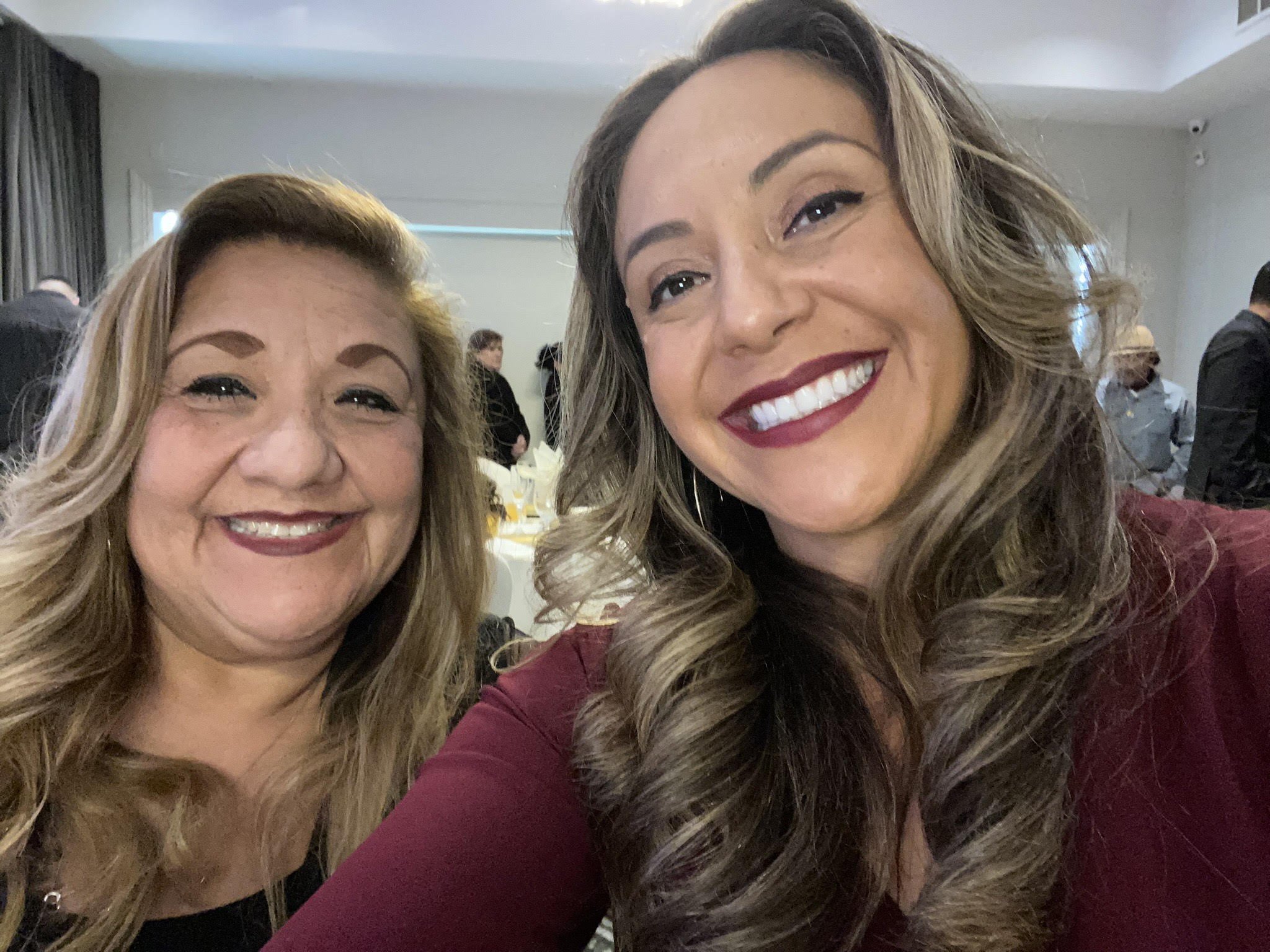OP-ED: California should join other states in protecting seniors from insurance companies
My mother retired recently. It was a long time coming, but not something I felt sure could happen because of how expensive it is to live here in California. She worked for more than 45 years and was fortunate to have health insurance through her employer. While my mom would be the first person to tell you that it was time to leave her job, it was hard for her to leave knowing that without it, she can’t afford medication to control her high blood pressure.
My mom isn’t alone—more than 60% of Americans have at least one chronic disease and high blood pressure, also known as hypertension, is one of the most common. It’s amazing to see the new advances in medicine that allow people like my mom or others who have treatable chronic illnesses like diabetes, epilepsy, cystic fibrosis, and hemophilia to live longer and healthier lives. But what good are new solutions if they all have the same problem: affordability?
Until recently, patients and families have in the past relied on pharmaceutical manufacturers and nonprofits to support them with copay assistance savings cards, vouchers and coupons, to help reduce out-of-pocket payments until they hit their deductible.
But a few years ago, health insurers and Pharmacy Benefit Managers (PBMs) felt that patients shouldn’t be allowed to get assistance, or at least that’s what their new scheme would make you believe. They found a loophole in laws that were created to ensure that everyone will be able to access life saving medicine by labeling newer treatments as “non-essential.” Within the language of the law, they don’t have to count assistance given by third parties for “non-essential” drugs towards their customers deductible.
Why does it matter who paid the price that PBMs and insurers set if their price was being met? But as a result of this new ploy, many of the people who most rely on assistance, are now forced to confront the scary reality that they might have to go without the medications that are saving their lives.
As someone who works in public health and public service, it feels like we’ve been fighting the same battle for generations. We’ve had breakthroughs to be sure, like the ACA which gave thousands in Pico Rivera access to health insurance over a decade ago, and the cap on insulin prices in the Inflation Reduction Act, but for every step forward, health insurance companies and PBMs find a loophole to continue to push the cost back on to patients.
Sixteen states have passed bans on co-pay accumulators and California is on track to do the same. Please join me in urging our state legislators to take action and support Assemblymember Dr. Akilah Weber’s bill, AB-874, to make this loophole a thing of the past. The health of our seniors, children, and families depends on it. As a mother, educator, and Councilwoman for the City of Pico Rivera, we cannot leave behind our most vulnerable populations and must bring this issue to light.
Dr. Monica Sánchez is a resident and Councilmember for the City of Pico Rivera and works as an educator for the Los Angeles County Office of Education. Her advocacy and policy making work focuses on women, children, and public health.

